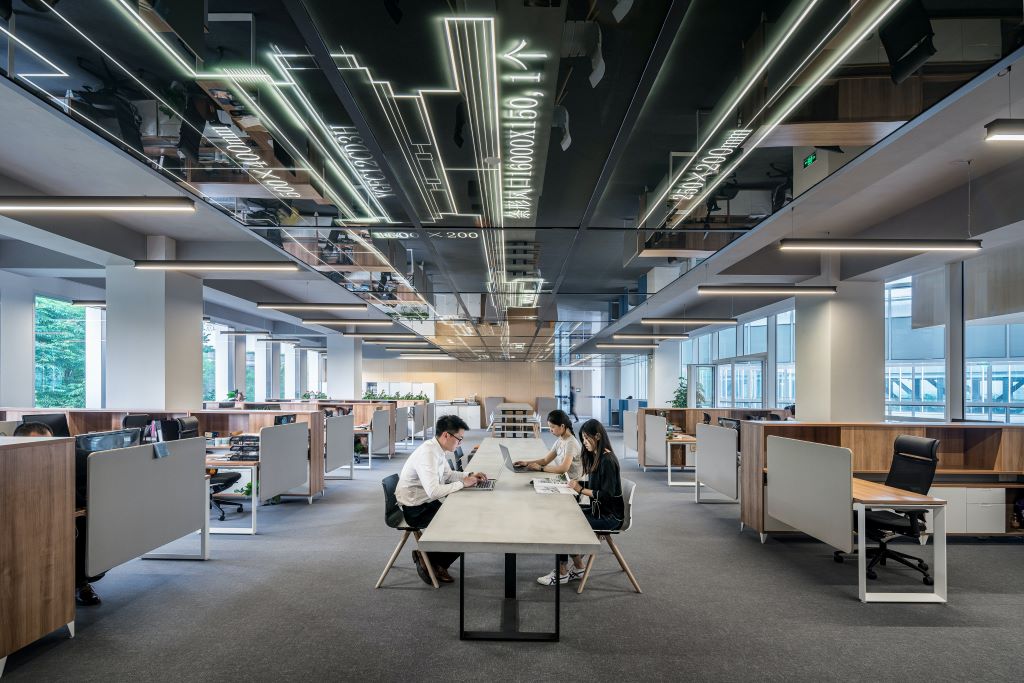The past 18 months have led to a radical shift in the world of work. More than ever before, workers have begun to re-evaluate their priorities. The “one size fits all” approach will no longer work in the new normal, where flexibility and greater autonomy over work are key.
But what do companies need to consider when adopting flexible working models? How can leaders reconnect with their workforce? Will mental health play a greater role in the future of work?
To fully understand the rising and shifting expectations of both employees and managers in this new era of work, the Adecco Group commissioned an eight-market study into attitudes, behaviours, and outlooks of office-based workers on the future of work. Resetting Normal: Defining the New Era of Work helped businesses and organizations better navigate uncertain times in 2020.
The second edition of Resetting Normal, which you can download here, builds upon our original research and expands on the outlook for the future of work for 2021 and beyond. This year, we surveyed nearly 15,000 knowledge-workers across 25 countries.
Five key themes have emerged from the research.
Our Key Findings
Hybrid Working: the Good, the Bad, the Ugly
There’s no denying that hybrid working is here to stay. Flexible and remote working options are no longer a “nice to have” feature – workers expect these options.
The past 18 months have shown that remote work does not automatically equate to a loss of productivity. However, the physical office will continue to remain an important part of the future of work. Our research has found that 53% of workers want to maintain a schedule where more than half of their time in spent working remotely after the pandemic.
Younger workers would prefer to spend more time in the office. This suggests that they need the onboarding, structure and to have experienced people around to support them in person, while senior workers already have the autonomy and knowledge that experience has brought them.
While it might seem counterintuitive, the data shows that those with children also want to spend more time working from the office (51%) than those who do not have kids (42%), suggesting those with children prefer to set boundaries between work and family life.
Despite the overall positive attitude towards hybrid working models, some tensions remains, especially when it comes to what employees want and what employees expect their companies will allow. There is a general concern that companies will enforce more in-office time, especially among non-managers.

And not everything has got better for workers. People across the globe have had polarised experiences with the changes at work. Just under half of employees (49%) are happy with the new working normal, though parents appear happier with the new conditions than those without dependents.
Areas such as motivation, wellbeing, relationship with managers, and the sense of team and company culture have suffered. It is important for companies to consider a hybrid working model that strikes the right balance between office and remote working for all their employees and to acknowledge that ‘one size will not fit all’ when addressing employee needs.
The New Week in Demand: Shorter and Flexible
Flexibility is the new standard. During the last twelve months, whilst the world was in the midst of the pandemic, workers reported a number of positive effects of flexible schedules. For example, 63% of respondents said their digital and remote working skills got better; 50% said their work/life balance had improved; 47% said their time-management had got better; and 39% reported an improvement in how much they felt they were trusted to get the job done.
People want to work smarter, not longer. Workers overwhelmingly want to maintain flexibility and autonomy over their own schedules. But as hours worked increase, with more than 60% of workers putting in over 40 hours per week, 6 out of 10 of those workers say they would be able to do their work in less than 40 hours. This explains why most (72%) respondents want employers to revisit the length of the working week.

With flexible working becoming the norm, it’s no longer enough to measure employee performance based on the time spent online. The 9-to-5 hour-based contract is outdated and more workers and leaders are calling to be measured by outcomes and results rather than hours spent working, a trend that was already strong in 2020.
But companies and leaders have yet to adapt. Our research found that only 36% of non-managers are measured based on their output, making performance management a clear area of improvement for leaders. Providing coaching, but also technology and resources such as clear and personalised score cards, ongoing analysis, feedback processes, and collaborative and adapted actions will be key to link the success of teams and individuals to company success.
Businesses need to listen to their employees to ensure a sustainable and engaging workplace culture for everyone.
Burnout May Be the Next Worker Pandemic
Mental health has emerged as a global and universal issue during the pandemic. No matter the age or gender, 32% of respondents reported declining mental health compared to our 2020 report.
Workers are spending more time working than before, and burnout has emerged as a key issue. 54% of young leaders report that they have experienced burnout, the same group who shoulder significant responsibility for future progress.

With flexible working becoming the norm, it’s no longer enough to measure employee performance based on the time spent online. The 9-to-5 hour-based contract is outdated and more workers and leaders are calling to be measured by outcomes and results rather than hours spent working, a trend that was already strong in 2020.
But companies and leaders have yet to adapt. Our research found that only 36% of non-managers are measured based on their output, making performance management a clear area of improvement for leaders. Providing coaching, but also technology and resources such as clear and personalised score cards, ongoing analysis, feedback processes, and collaborative and adapted actions will be key to link the success of teams and individuals to company success.
Businesses need to listen to their employees to ensure a sustainable and engaging workplace culture for everyone.
Burnout May Be the Next Worker Pandemic
Mental health has emerged as a global and universal issue during the pandemic. No matter the age or gender, 32% of respondents reported declining mental health compared to our 2020 report.
Workers are spending more time working than before, and burnout has emerged as a key issue. 54% of young leaders report that they have experienced burnout, the same group who shoulder significant responsibility for future progress.

Most workers (74%) say it is important for managers to promote and nurture strong team morale and culture, but less than half (48%) say their managers meet or exceed expectations for creating good team morale and a good working culture. From the group in non-management positions, only 37% feel that that their leaders are succeeding at encouraging a good working environment and team culture.
When it comes to supporting employees’ work/life balance, only half (50%) of the workforce say their managers are meeting expectations. The number is reduced to 42% when asking those in non-management positions.

Leaders see it differently: 77% of leaders are satisfied with their own performance, but they recognise difficulties managing others. Nearly half (46%) of managers have not found the overall experience of managing other people easy over the past 12 months.
Equipping leaders with upskilling, coaching, resources and tools that will help them to better listen to and manage their teams, increase and nurture motivation, and set a strong team morale and culture is a priority for businesses in the new hybrid working model.

Further Insights
To continue to thrive in the new normal, organisations need to evolve and adapt to better meet the needs of their employees. The Adecco Group and its brands stand ready to help organisations navigate this new path. To read further insights from our 2021 Resetting Normal report, download the complete report and white paper here.



